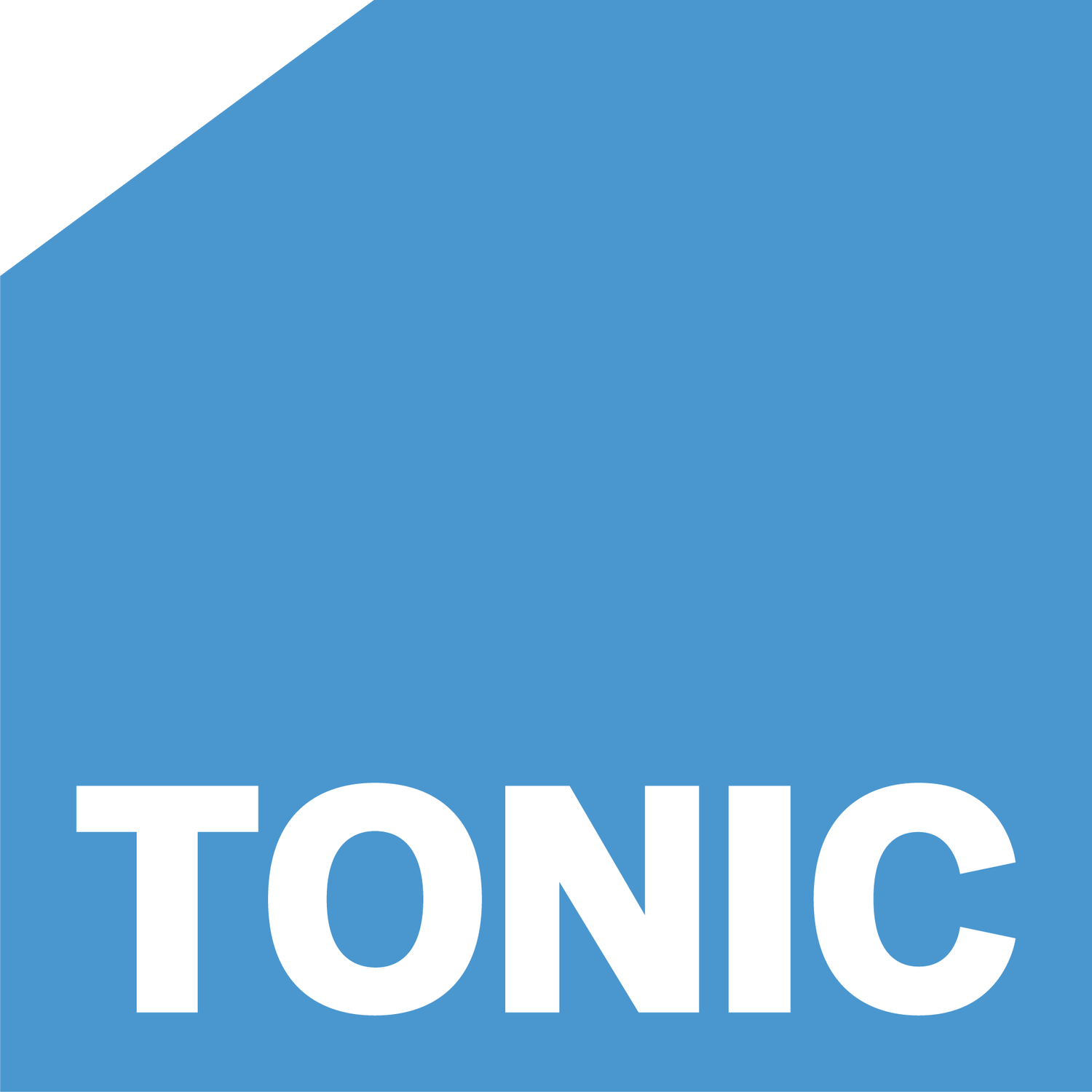
Avon and Somerset
Victims’ Voice Project
The Task
In November 2023, Avon and Somerset OPCC released their draft commissioning intentions for future victim support services. These intentions were informed by the findings and consequent recommendations from the Victims’ Needs Assessment conducted by TONIC between August -November 2023. During the Needs Assessment, TONIC engaged primarily with stakeholders, professionals and staff. In order to ensure that the victim remains at the centre of the recommissioning process, the OPCC also commissioned TONIC to undertake a Victims’ Voice project that aimed to gather the opinions, experiences, and views of individuals across Avon and Somerset who had been affected by the following crime types:
Antisocial Behaviour
Burglary
Child sexual abuse
Cyber-crime
Domestic abuse
Fraud
Hate crime
Homicide
Modern Slavery
Rape and serious sexual offences
Road crime
Stalking and harassment
Terrorism
Theft
TONIC’s Approach
As this was the second phase of research in Avon and Somerset, the Victims’ Voice project focussed on collecting a mixture of quantitative and qualitative data through an online survey, feedback forms, and in-depth virtual interviews (conducted using Teams, Zoom or via phone call). While, chronologically, the Victims’ Voice project followed the Needs Assessment, these were ultimately two separate projects and TONIC researchers sought to collect the views of victims in an independent, unbiased manner. Working closely with the OPCC, survey and interview materials were developed to avoid any leading or otherwise directing questions that could influence participants in a way that was favourable to the findings of the Needs Assessment.
A total of 282 individuals engaged with the Victims’ Voice fieldwork, this comprised of:
159 participants responded to the online survey,
77 victims (all of whom had received support from the ISVA service) completed a paper feedback form,
46 individuals participated in an in-depth interview; 37 of whom were victims and 8 were answering on behalf of a victim.
TONIC researchers gathered the views of victims from across the five local authority areas of Avon and Somerset who covered a wide variety of age groups, gender identities, ethnicities, and sexual orientations. Demographic data was compared to that of the local population in Avon and Somerset (according to Census 2021 data), and this confirmed that the research had reached a representative and diverse sample. Feedback was received from victims accessing all six commissioned services; some of whom had only accessed one of these services and others who had received support from multiple. TONIC also heard from victims who had accessed services not currently commissioned by the OPCC, as well as victims who had not accessed any form of support.
The Outcome
Following the completion of fieldwork, Braun and Clarke’s (2006) six-step method for Thematic Analysis was implemented by TONIC researchers to analyse the findings, which were subsequently written up into a comprehensive report. In general, the findings from the Victims’ Voice Project, endorsed all of the recommendations – grouped under 12 core themes – made by TONIC to the OPCC in the Victims’ Needs Assessment report. There were some additional suggestions made by victims, which will assist the OPCC and service providers to action particular recommendations in the future and were explored in detail throughout the report.
In particular, victims liked the idea of a dedicated website containing key information about local support services available, alongside national helplines, safety planning tips, and self-help resources; but would like to see this website co-produced with victims, including young victims of crime. In addition to the existing recommendations, victims called for the response time and support offered to those reporting non-recent sexual abuse to improve and highlighted a demand for dedicated support to victims of child-to-parent abuse, as the needs differ to those of someone affected by intimate partner violence.
Furthermore, TONIC collated a list of over 50 individuals who consented to support the OPCC with future feedback in order to ensure the victims’ voice continues to be at the centre of all work relating to victim support services.
Overall, we have really enjoyed working with the TONIC team. In particular we have found them to be very collaborative in their work and open to feedback. The reach of both the Victims Needs Assessment and Victims Voice work is impressive and certainly surpassed our expectations. We feel we are now in a strong position to commission high quality victim services based on a sound and varied evidence base. The team’s ability to engage with stakeholders - both professionals and service users – is a real asset to TONIC. On a practical point the team have been incredibly accommodating with time, on hand for clarification points and approachable to have informal discussions as our work developed.
Senior Policy and Commissioning Manager, OPCC Avon and Somerset
